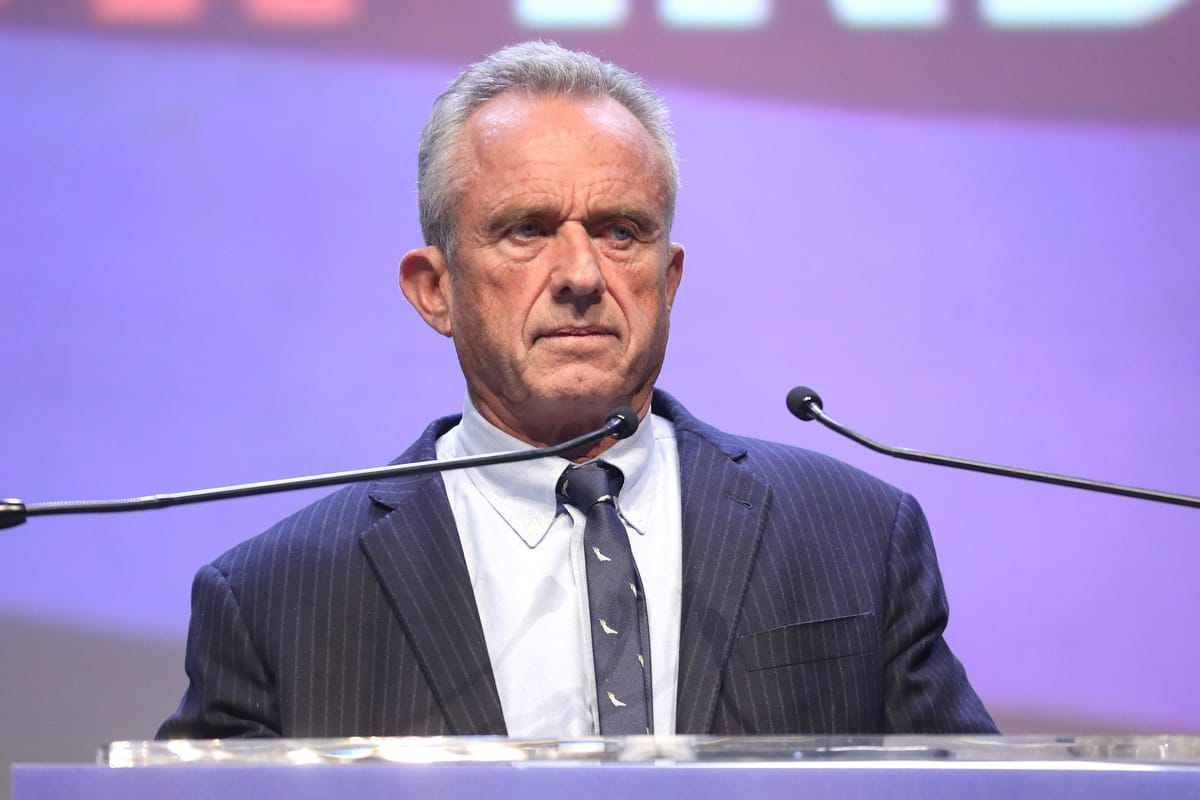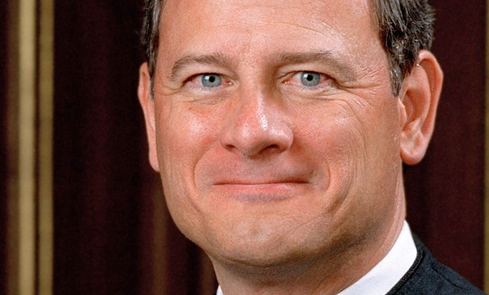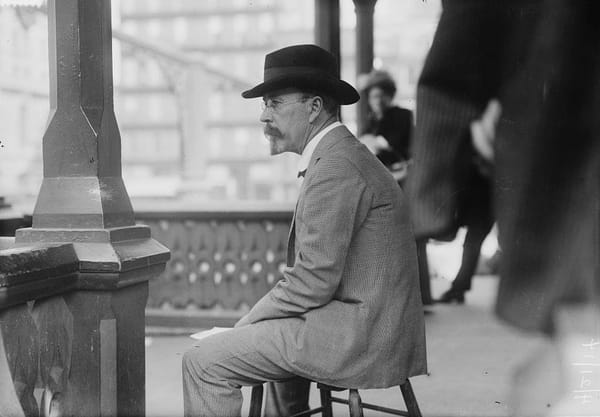Propaganda, Rather than Pandemic Policies, Caused the War on Public Health
The backlash narrative ignores basic facts of the case.

There’s a war on public health happening in the United States right now. In a few short months, Robert F. Kennedy Jr., Elon Musk, and the rest of the Trump Administration have caused incalculable harm to the country’s public health and biomedical apparatus. Leadership in the CDC and NIH have been replaced with flunkies loyal to RFK; staff members are leaving in droves or being forced out through DOGE cuts.
But the damage to public health isn’t solely coming from budget cuts: there’s a highly motivated conservative machine working to undermine the whole premise of public health. Well-meaning but overly credulous pundits such as Ezra Klein have claimed that far-right backlash was catalyzed by Covid mitigation measures or over promising for the efficacy of the Covid vaccine. The shaming and the restrictions over social activities allegedly radicalized people into becoming Trump supporters, according to Klein.
The notion that public health officials “went too far” has gone mainstream, best evidenced through books such as In Covid’s Wake, which criticizes non-pharmaceutical measures as ineffective and claims that it fostered a whole backlash undermining public health. The Guardian ate it up. Democratic elected officials have bought into this: Brian Schatz, sitting in a safe seat in Hawaii nevertheless is going around insisting that public health officials went too far. Perversely, some have even used the response to the Covid-19 pandemic to claim that it was public health advocates who had illiberal or even authoritarian impulses: this is the crux of Sandro Galea’s Within Reason.
This notion only makes sense if you think that the right and far-right were perfect blank slates prior to the year 2020, and were only reactive and responding to what liberals and elites said, with no information ecosystem of their own. You also have to pretend that public health officials somehow ran roughshod over the wishes of politicians. This is of course pure nonsense. As Gregg Gonsalves shared with me, “Public health is the least funded, least well-resourced part of any state or local government. The idea that there are these martinets with power and resources telling people what to do is just absolutely insane.” Moreover, vaccine skeptics had been active for years, and the tide of Covid misinformation happened as the pandemic was unfolding. The far-right had already embraced an anti-intellectual, anti-expertise position and were able to mobilize against public health, which Covid thrust into public awareness.
Understanding the Covid-19 pandemic as a catalyst for right-wing backlash is misleading because it’s too passive: it’s more appropriate to see it as a battle that those on the right set out in order to undermine liberal democracy.
To be sure, there’s a lively debate about balancing liberalism and individual rights with public health. Public health places limits on individual freedom in a variety of different ways: smoking bans in public places, lockdowns, and of course vaccine mandates. One can point to any number of illiberal, anti-authoritarian, and immoral campaigns carried out in the name of public health, such as mass sterilization.
But while this tension exists, it is insurmountable only if you believe that individual freedom is the sole guiding principle of liberalism. Rousseau or Locke would be aghast at the idea that individuals have no obligation to work on behalf of the common good. If there is an inalienable right to life, it should follow that I have an obligation to take reasonable steps to minimize disease that could harm or kill my peers. But a careful propaganda campaign by conservatives has tried to transform public health into a boogeyman that is perpetually on the verge of trampling people’s rights.
And our would-be authoritarians weaponized public discontent (warranted or not) over Covid not because they want to improve it for the future or have a debate about specific interventions that were carried out during Covid. They’ve made it very clear they want to smash the whole concept of public health and leave little standing in its wake. Project 2025 made this clear from the outset: the goal was to strip the CDC of any ability to make effective recommendations or prescriptions for public health.
Authoritarianism can’t abide the concept of public health, for a few different reasons. It proposes limits on both government and individual activity, and the rationale for those limitations is grounded in the scientific process—it quite literally can appeal to an authority greater than whoever leads the state. Scientific authority is transnational; it crosses borders that authoritarians cannot control, and scientific authority is not an institution that can be controlled in the same way as a government agency or even a university. Facing something like this, the authoritarian’s only choice is to attack the whole of scientific inquiry and undermine it. RFK’s attacks on expertise and established science are a way to force people into accepting simplistic pseudoscience: there are no pesky doctors or researchers who can contradict you about vaccines or seed oils or exercise, no people on the sidelines who can undermine you.
Philosophically, public health also means something anathema to the authoritarian: true collective responsibility. There aren’t supposed to be in-groups or out-groups that can be excluded and disregarded, and that is completely against the grain of collective responsibility as imagined by a dictator. There are no outsider groups that should be demonized. It calls upon the whole body of citizens to act in the best interests of the collective. Vaccination isn’t much of a sacrifice considering that all it does is protect one’s health, but it is ultimately an act for the collective. It doesn’t do so for moral reasons and a respect for human life , but it also has to maintain this for practical reasons: concepts like herd immunity simply fall apart if there are second-class citizens or nonpersons who don’t get vaccinated.
What it wants to build in its place is a mix of eugenicist lifestyle choices and a medical surveillance regime aimed at women and the LGBTQ community. RFK’s focus on diet and exercise reduces health to individual decisions. It offers the comforting illusion of control, but for a government like Trump’s this turn is also an easy way to wash their hands of responsibility to do anything at all. What remains will be using public health agencies to crack down on reproductive choice and gender-affirming care.
It's time to turn the tables, stop weakly defending the whole idea of public health, and instead turn it into a rallying point for those resisting this administration. These actions as yet do not have broad support. For all of the work done to undermine vaccines, most of the public still want them—even Republicans. But the longer silence or passivity is allowed to persist, the more uncertainty is sowed. States are starting to fall in line here as well, with Florida conspicuously announcing that it was ending all vaccine mandates.
There are important historical precedents here: doctors have been at the forefront of anti-authoritarian activism before. The sanitario movement in Brazil was active against the country’s military dictatorship, and not only protested human rights abuses but used them as a way to argue for universal healthcare. AIDS activists have more often than not had to fight for healthcare access and treatment against repressive or unresponsive governments, most famously with the Treatment Action Campaign in South Africa. Effective resistance to Trump has to rely on policies and things that people want to fight for: fighting for effective healthcare is precisely that kind of issue.
So what role can public health professionals and the rest of us play in resisting Trump and RFK? We’re already seeing it with op-eds from former CDC, or the hundreds of HHS employees co-signing a letter to call for RFK’s resignation. But there’s more that can be done: in the same way that conservatives used Covid as a political project, we can use good public health as an anti-fascist organizing project. A number of states have already begun to work together to coordinate vaccine access by ensuring that they bypass federal recommendations if needed.
- Restore functions back to public health departments. The last forty years have seen many functions previously done by public health departments relegated towards nonprofits or other private entities. Those nonprofits are now having funding stripped away, but whatever happens to them one thing is true: the public health departments will still exist. As essential services are stripped away, forward thinking municipal and state governments need to fund their public health agencies in order to maintain them. Moreover, this needs to be seen not as a stopgap that will end when federal funding is restored: we don’t know when federal funding will be restored. In some cases, they can be restored by declaring public health emergencies which would allow lawmakers to appropriate additional funding.
- Local ordinances and laws. We’ve been relying on bodies like the CDC to study, for example, the climate-related impacts of heat on people’s health, or lack of access to air conditioning during heat waves. Cities and states can do this work as well and then use the data to shape policy accordingly. Now that they can’t rely on federal data, they can look to other civil society organizations such as the American Academy of Pediatrics, or potentially to non-U.S. actors.
- Communication. Because of the chaos caused by this administration’s funding cuts and rhetoric, people are unclear as to what services still exist. Many of them still do, but if people don’t know about them it will close off access. We don’t need mere advertising, though we do need that: we desperately need to make inroads with every social club, union, church, PTA, and other institution in the country to make sure that people know what’s out there and how valuable it is.
- Building public health’s ties to the rest of civil society. 19th century public health reformers were rarely medical professionals: they tended to be dedicated reformers with an interest in the issue, but ones who moved between charities, labor movements, and the urban poor. The 1920s saw public health become increasingly professionalized and even technocratic while also becoming more distant from many of the rest of civil society. That distance is ultimately a downside because it isolates them from potential allies, but it also encourages a retreat into strictly medical areas – a practice that conservatives are all too willing to accept.
- Fighting for healthcare as a right. One area where other countries simply have a huge leg up over the United States is that healthcare is a right, not a privilege that can be stripped away or subject to budget cuts. This is one of the most salient and valuable areas of activism open to anti-Trump forces in this country, and perhaps one of the best inroads to winning back any portion of rural America. Fighting to restore Medicaid (or publicizing the awful toll their cuts will take) is the first step, but it has to go further than that. The next logical step is a fight for Medicare for All, which to be sure has no chance of passage under Trump – and that may be why it’s so salient. It presents society with a choice about what it wants or could have.
Featured image is RFK Jr., by Gage Skidmore




